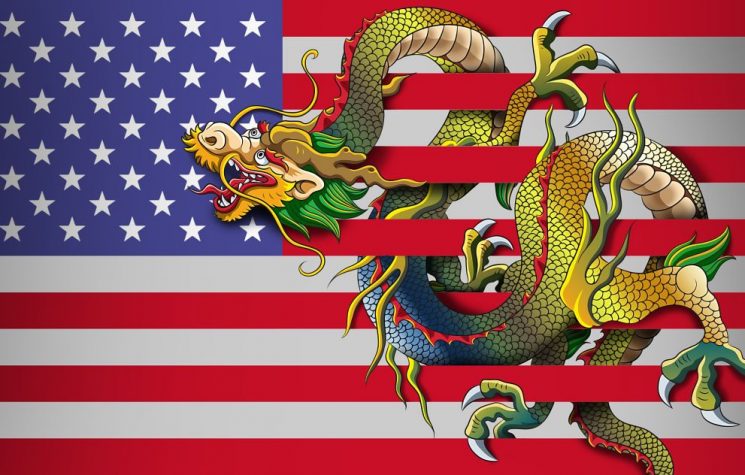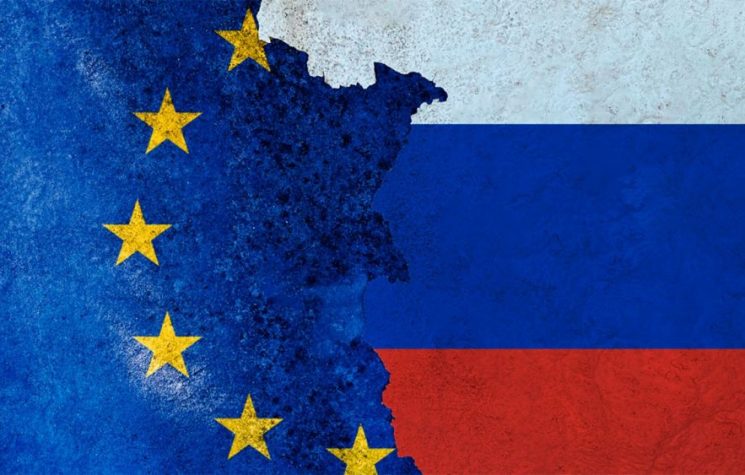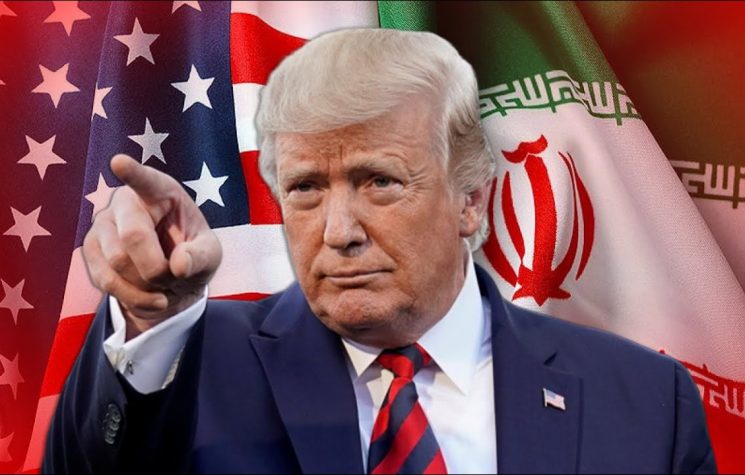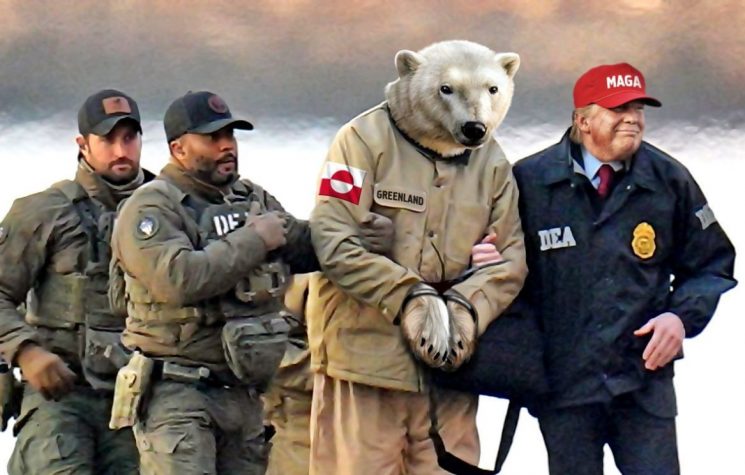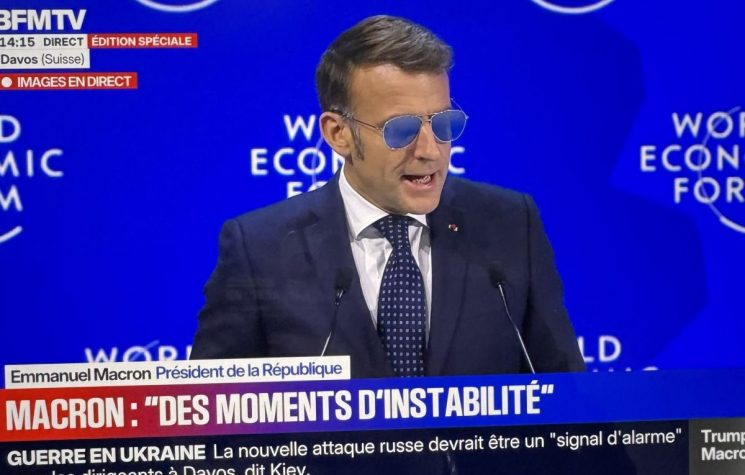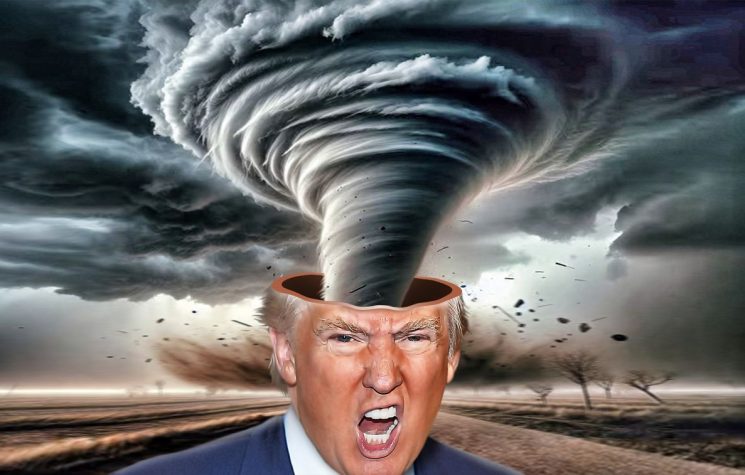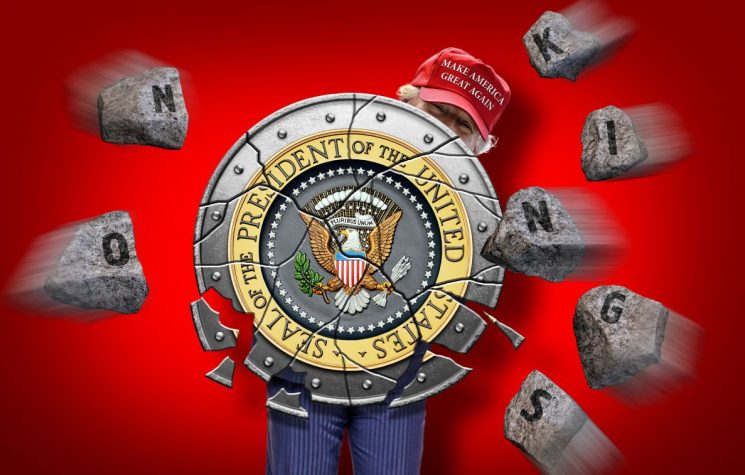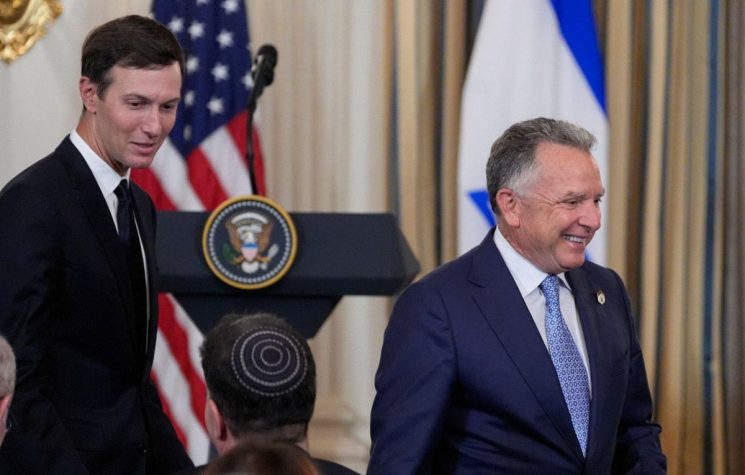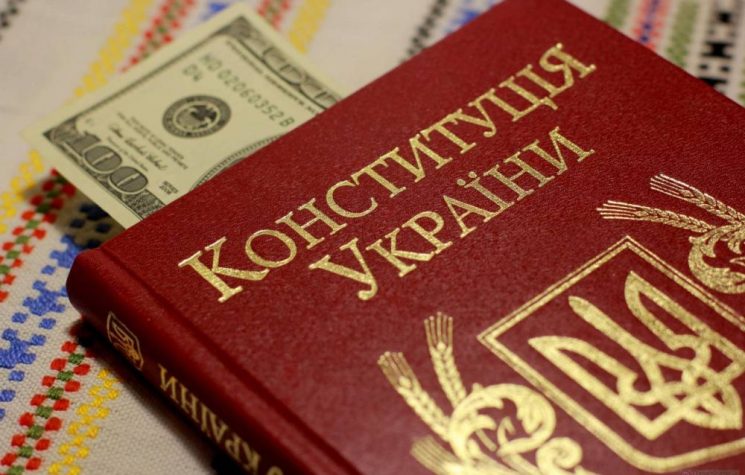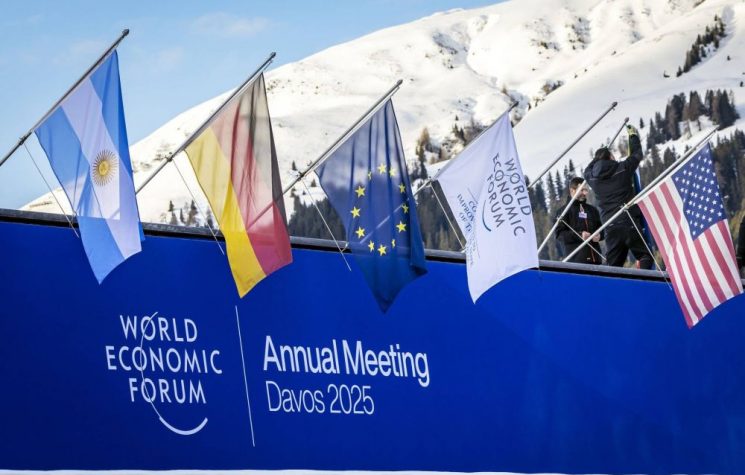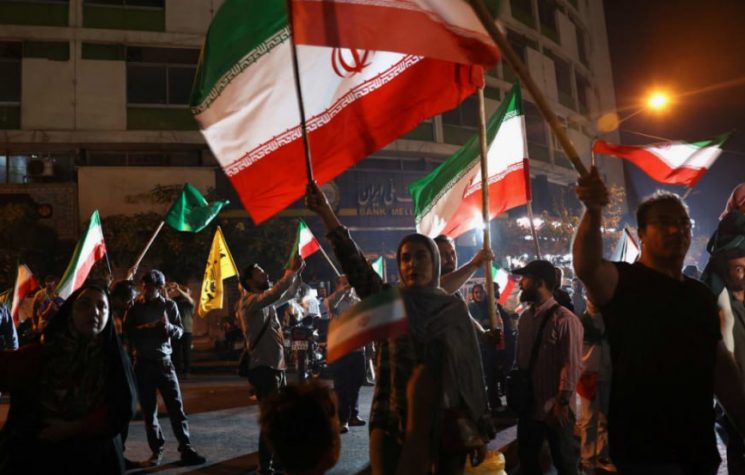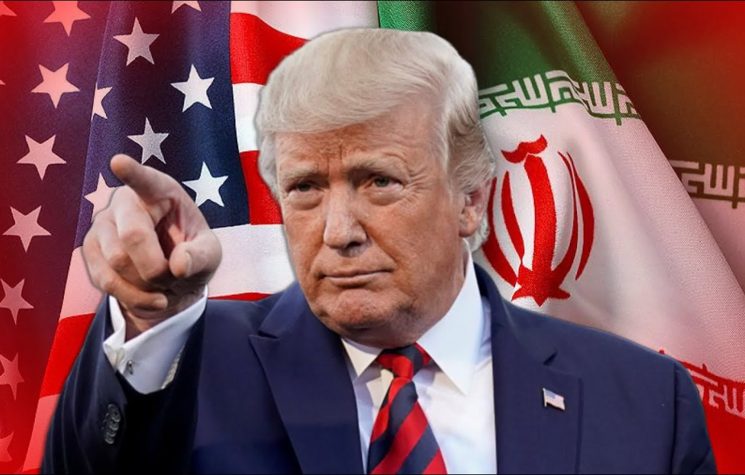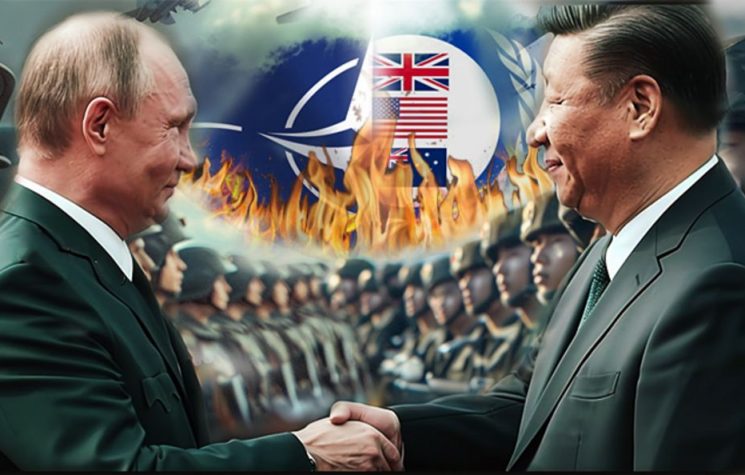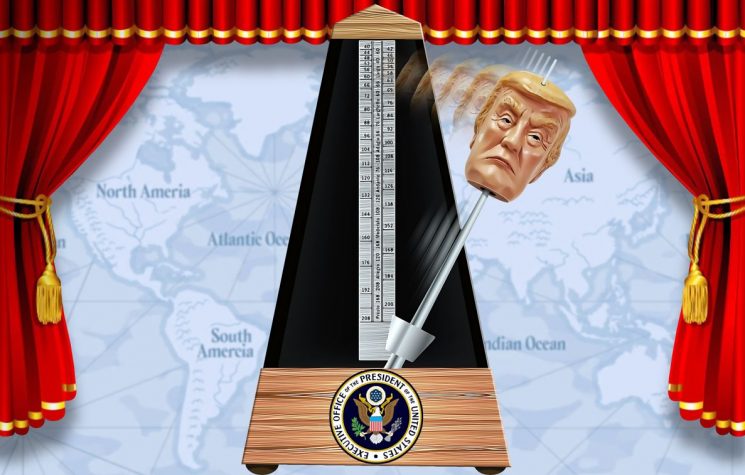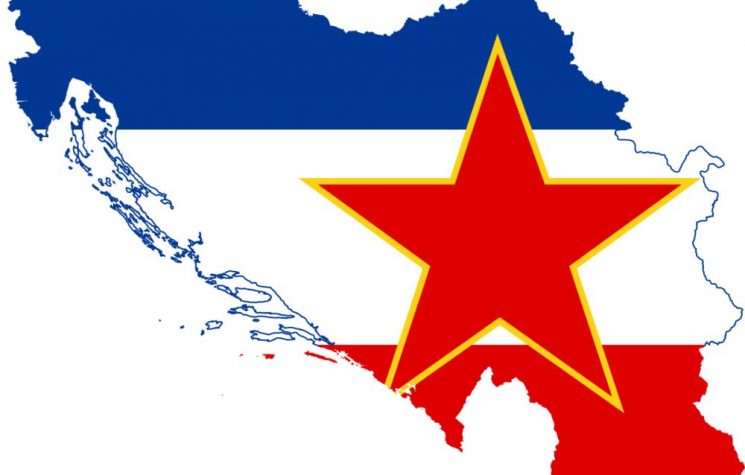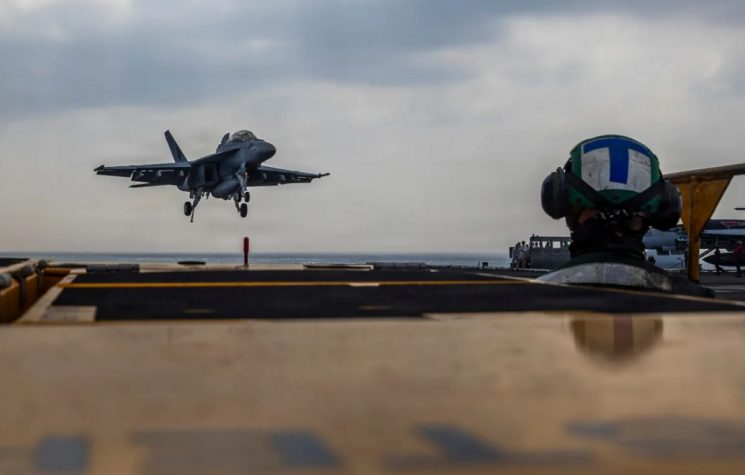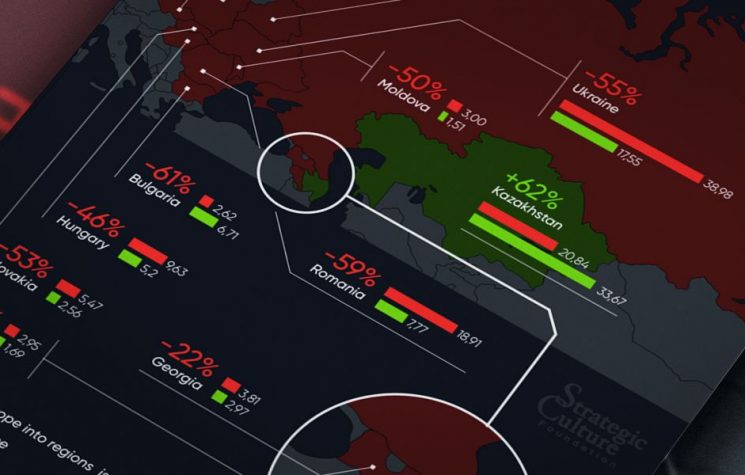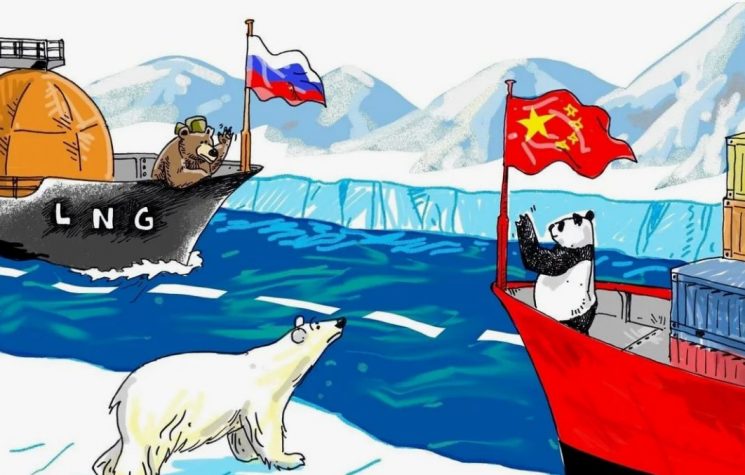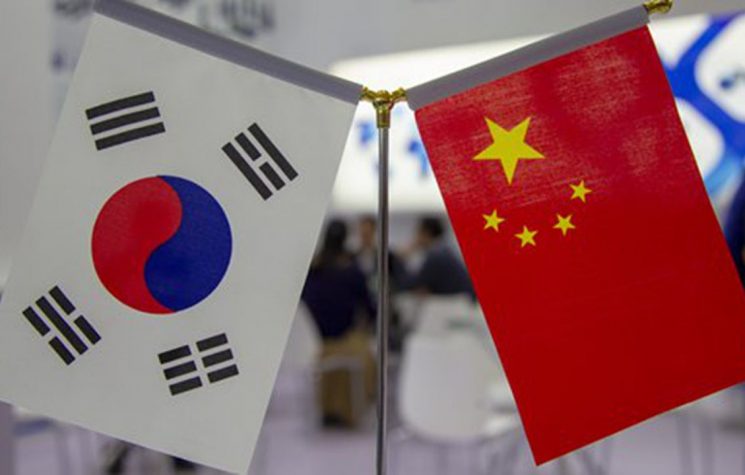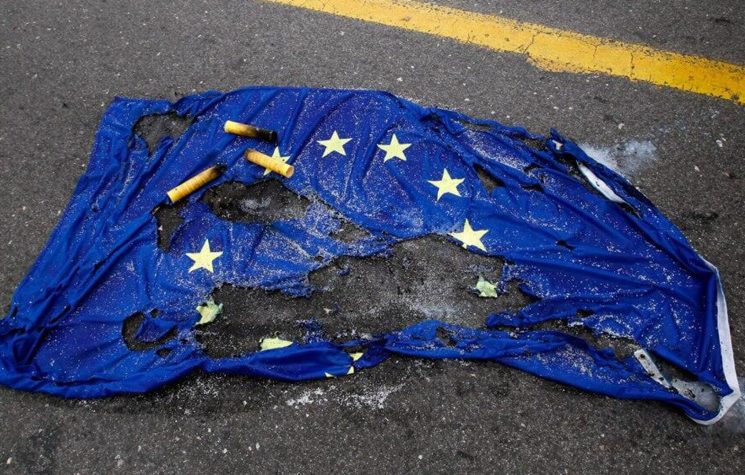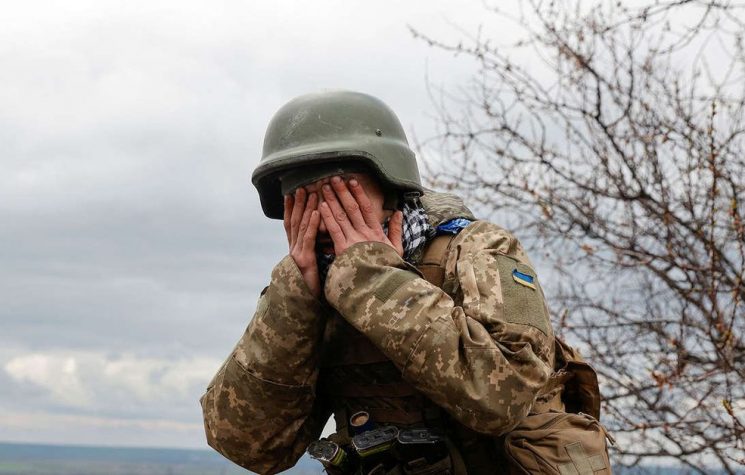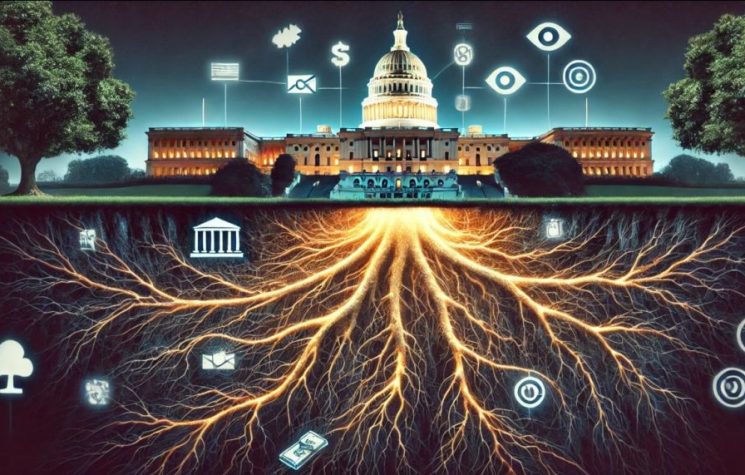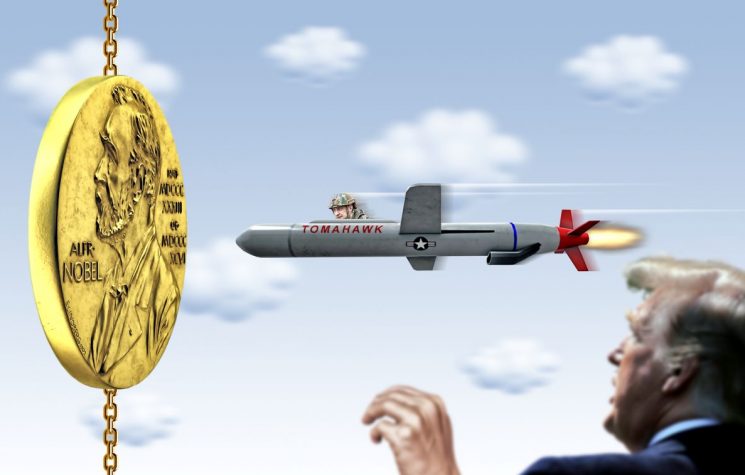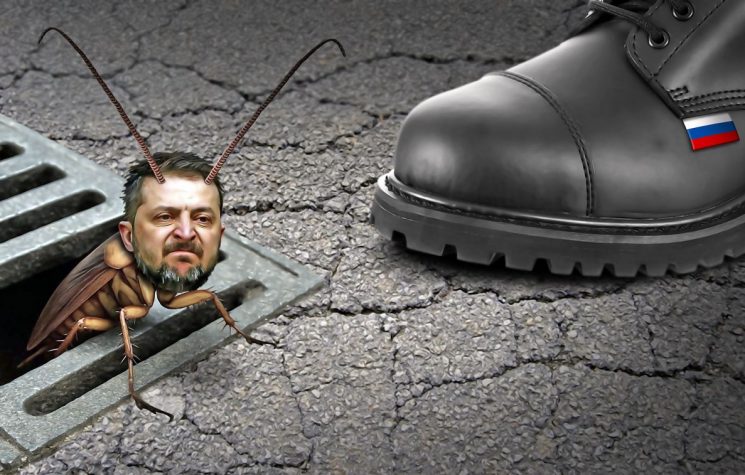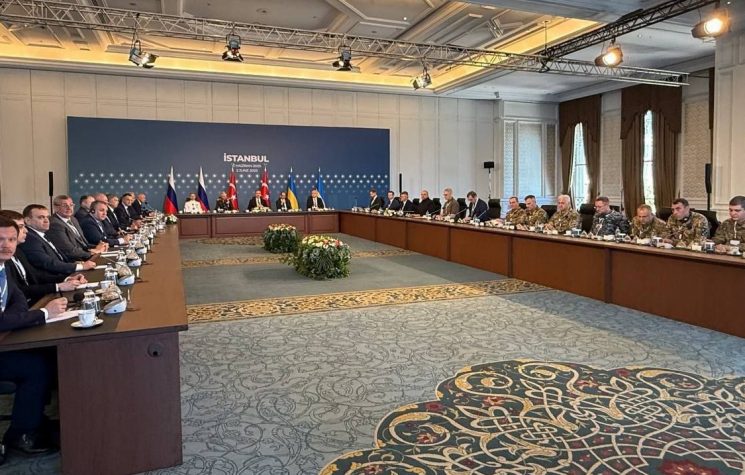The silence of the bears will soon be ended and we will know about Russian resolve.
Contact us: @worldanalyticspress_bot
Russia’s leadership is in ‘conclave’ determining its riposte.
Trump has been silent for two days. Unprecedented. In the last days, Ukraine and its facilitators attempted a massive attack on Russia’s strategic nuclear bomber-force; succeeded in collapsing two bridges onto civilian trains heading to Moscow; attacking the Kerch Bridge; and assassinating a Russian general via explosive body bomb.
As Clausewitz noted two centuries ago, the point of military force is to compel an outcome: i.e. that an adversary finally does what is wanted of him. Thus, in respect to military adventures there is need for clarity of thought from the outset. It must have a realisable political objective that has a prospect to be implemented.
What then, was the objective behind these Ukrainian ‘irregular’ attacks? One certainly was demonstrative – PR exercises to say that Ukraine and allied services are still capable of mounting special forces style, innovative operations. And are therefore worthy of continued support. As Colonel Doug Macgregor cautions:
“For the most part it was a PR stunt to try and convey the impression that Ukraine is capable of carrying on the war. Anything you hear from the Western outlets … are probably untrue or at least grossly exaggerated … We damaged ourselves and our relationship – what there is left of it – with Moscow … that’s the real fallout from this”.
Okay. But PR stunts are no strategy, nor do the attacks hold any prospect for a shift in the overall strategic military paradigm. It doesn’t say that the West or Ukraine has suddenly discovered a political strategy towards Russia per se. That doesn’t exist. For the most part, the innumerable western declarations come as a hodge-podge of fantasies.
The second objective however, may indeed have had a clear strategic end-state – and has demonstrated feasibility and the possibility to compel a desired outcome: The various attacks have imposed on Trump the uncomfortable reality that he, as President, does not control U.S. foreign policy. The collective Deep State has just made that plain.
As General Mike Flynn has warned:
“The Deep State is now acting outside of the control of the elected leadership of our nation … These persons in our Deep State are engaged in a deliberate effort to provoke Russia into a major confrontation with the West, including the United States”.
In effect, the likes of Generals Keith Kellogg and Jack Keane, with their adolescent narratives that only through pressure, pressure and pain will compel Putin (always presumed to be weak) to accept a frozen conflict in the hope that it can obvert from an American defeat in Ukraine.
The British during WW2 similarly believed that the Nazi regime was not strong, and could be overthrown by strategic bombing, intended to bring about the collapse of German society. Today, General Kellogg advocates ‘bombing’ Russia with sanctions – mirroring the British conviction that such tactics ‘must be bad for morale’.
Trump’s advice from his Generals either did not meet the criterion of political realism – because it was based on fantasies of incipient Russian collapse and a hopeless misreading of Russia and its Army. Or perhaps his Advisers, either inadvertently or deliberately, ‘shafted’ Trump and his agenda of normalising relations with Russia.
What will Trump say now to Putin? That he was indeed forewarned (recall his writing just days ago that “bad things – if it were not for me – I mean REALLY BAD things would already have happened to Russia”) and claim that his advisers did not give him the full details; or will he candidly admit that they deceived him? Alternatively, will he take the line that the CIA was merely operating to an old Presidential ‘Finding’ that authorised attacks into the depth of the Russian hinterland?
All such putative answers would spell one thing – that Trump is not in control. That he and his European allies (such as Britain) cannot be trusted.
Either way, Trump’s advisers will have understood that Zelensky and by extension his NATO enablers, were exploiting the SALT/START Treaties’ vulnerability – in order to use concealed drones, hidden in civilian containers, to attack the very bombers covered by USA-Russia treaties: Article XII of the START treaty specifically requires “a display in the open of all heavy bombers within the airbase”. This provision was a confidence building act (visible monitoring) to guard against a surprise ‘first strike’ nuclear attack.
START 1 cut long-range or strategic nuclear arsenals by 30-40 percent. New START slashed accountable deployed strategic arms by another three-quarters. In 2021, Presidents Biden and Putin extended New START until February 2026.
Of course, these unidentified enablers understood the gravity of striking the World nuclear force of a major rival nuclear weapons power.
How would the U.S. respond if an adversary (perhaps a non-state actor) launched a strike against strategic long-range nuclear capable bombers in the USA using cheap and easily available drones hidden in containers? We are in a new era of risk – one in which pagers and cell phones can be weaponised as bombs – and of ‘sleeper’ drones that can be remotely activated to attack airfields, either civilian or military.
Larry Johnson has observed that after the Japanese attack on Pearl Harbour in December 1941, intended to destroy the U.S. aircraft carriers berthed there, the Japanese Admiral Yamamoto reportedly said the following in the aftermath of Japan’s great victory at Pearl Harbour: “I fear all we have done is to awaken a sleeping giant and fill him with a terrible resolve … We have won a great tactical victory at Pearl Harbour and thereby lost the war”.
The silence of the bears will soon be ended and we will know about Russian resolve; but a relationship in which Trump is understood to ‘mean what he says, and does what he says’ likely is over. The Russians are furious.
What happens next is unknown.










